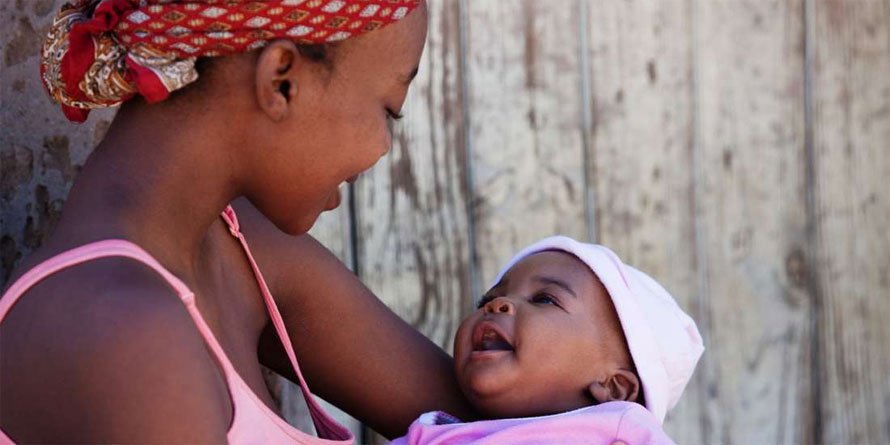
Nairobi faults poor health services for high neonatal mortality rate
Half of newborns in Nairobi lack access to quality healthcare, resulting in high mortality rates of an average 39 deaths per 1,000 live births, according to a new report despite the fact that the county hosts a tenth of the county’s healthcare workforce and facilities raising concerns about the quality of services rendered.
A study by the Kenya Medical Research Institute (Kemri) Welcome Trust showed that only about 44 percent of 24,000 seriously-ill children in Nairobi get access to quality healthcare.
“This means about 44 per cent of all seriously-ill newborns are given care in a facility that is not suitable at all or do not reach a facility at all, perhaps helping to explain Nairobi’s high neonatal mortality,” the report says.
The neonatal period; the first 28 days of a child’s life contributes nearly 45 per cent of the death of children under five. Kenya’s child mortality is currently at 22 deaths per 1,000 live births and Nairobi records the highest number.
The study showed that only 33 hospitals are able to offer care to the babies, but this is not even encouraging because “of these 33 facilities only four are public but they provide 71 per cent of all existing inpatient neonatal care”.
Rachel Musoke, a professor of neonatal health at the University of Nairobi’s paediatric department: “At that stage, they cannot regulate their own body temperature, so they lose all the water through the skin and die of dehydration. They cannot eat so food has to be given through a pipe and they pick diseases very fast.”
There are in electric cots (incubators), which must keep the temperature and humidity within survival range so they do not die of dehydration and fed through their veins.
The babies also “forget to breathe” because their brains are not fully developed to coordinate these functions. They turn blue, start foaming and a nurse has to be there at that very moment to “remind him to breathe They are stimulated by touching, and sometimes resuscitated if they do not remember to breathe,” explains Prof Musoke.
Nairobi records 132,025 births annually, and one in each five of these children would need neonatal care to save their lives until they move past this dangerous stage, according to the study.
The author noted: “Most births and episodes of serious neonatal illness occur in the densely populated, low-income areas in Nairobi.”Children end up in this stage for many reasons that can be traced back to a failed health system, which includes improper management of pregnancy where the mother has long labour.
“They stay long in the tummy, and swallow meconium (their own poisonous poop) that gets into their lungs, and has to be painfully removed by a doctor. Between 1990 and 2009, 79 million neonates died globally, according to data from an agency dealing with child-related issues United Nations Children’s Fund (Unicef). Ninety-eight per cent of these deaths occurred in low-income countries such as Kenya. The Unicef urges for universal health coverage to help deal with infant mortality with focus on four main pillars including; functional health facilities, with electricity and clean water, midwives and other health workers equipped with training and tools, life-saving drugs and equipment.

